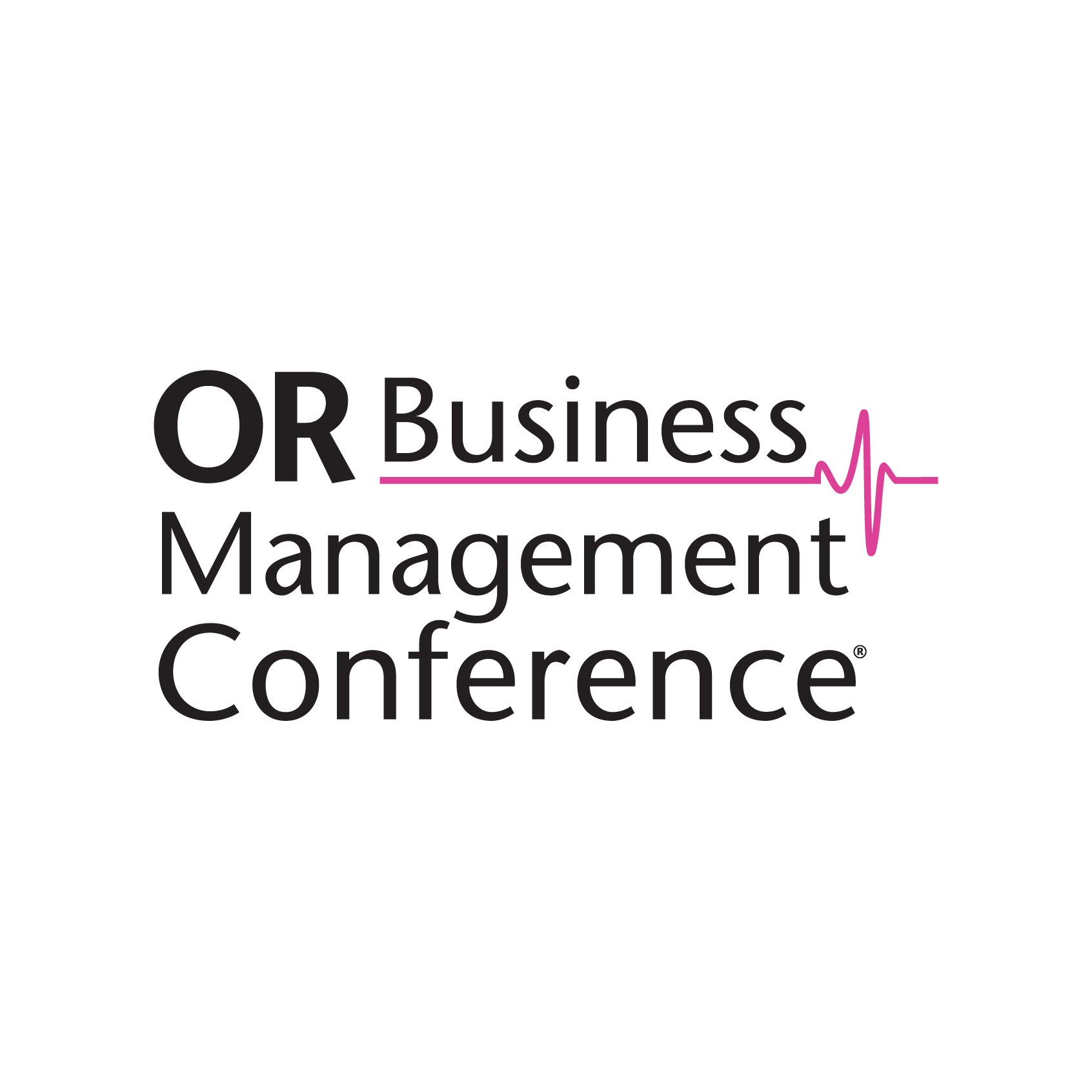
Editor’s Note Large language models (LLMs) outperformed traditional methods in predicting postoperative complications, according to a study on artificial intelligence (AI) in perioperative risk assessment published February 11 in the journal Nature. Results indicate AI-driven models could enhance patient safety and streamline clinical workflows by detecting complications earlier. Researchers analyzed…

Editor's Note In this session, Gail Avigne, MSN, BA, RN, senior consultant, strategic consulting, at Press Ganey Associates LLC, spoke to OR Business Management Conference attendees about the rollout of the Outpatient and Ambulatory Surgery CAHPS (OAS CAHPS) survey, which is a mandatory requirement for ambulatory surgery centers (ASCs) in…

A wave of policy and regulatory changes is shaking up the healthcare industry—among many other markets. Like the COVID-19 pandemic greatly sped up the proliferation of ambulatory surgery centers (ASCs) by bringing traditional hospital operations to a standstill, ASCs are again on the poise of another boom. Medical innovation abounds…

Editor's Note As executive director of the Association for Health Care Resource & Materials Management (AHRMM), Michael Schiller, CMRP, gets regular insight into strategies employed by healthcare organizations, suppliers, technology leaders and frontline staff—insight he was happy to share with OR business Management Conference attendees in a February 11 presentation.…

Editor's Note Jasmine Hampton-Nicholson MSN, RN, CNOR, learned the value of a value analysis team (VAT) the hard way. “I thought that we had a very solid process for our value analysis team,” said the VP of perioperative services at Temple University Health System in a presentation at 2025 OR…

Editor's Note Healthcare employment in the US rose by 44,000 from January to February, according to the latest report from the Bureau of Labor Statistics, released on April 5. That is compared to an overall monthly gain of 143,000 in January, less than the 170,000 initially forecast. The healthcare figures…

Editor's Note A study presented at the 2024 Society of American Gastrointestinal and Endoscopic Surgeons (SAGES) annual meeting has revealed a significant correlation between financial conflicts of interest and favorable research outcomes in robotic bariatric surgery, General Surgery News January 18 reports. The article noted this concerning trend: authors who…
Editor’s Note Entities covered by the HIPAA security rule may soon need to adapt to more prescriptive requirements, new compliance mandates, and significantly higher costs, according to a January 24 report from TechTarget. As outlined in a December notice of proposed rulemaking (NPRM), the proposal by the Department of Health…

Editor's Note An EHR-integrated closed-loop clinical decision support system (CDSS) significantly reduced unnecessary preoperative testing, improved patient safety, and significantly reduced costs across two hospitals in Madrid, Spain. As detailed in a study published January 3 in npj digital medicine, this system demonstrates the potential of automated guidelines to optimize…

Editor's Note Healthcare data inaccuracies occur at rates as high as 26.9% in hospitals, with related inefficiencies costing providers up to $20 million annually, HealthLeaders reported January 8. According to the article, these inaccuracies stem from factors such as data entry mistakes, outdated information, inconsistent data standards, and system integration…